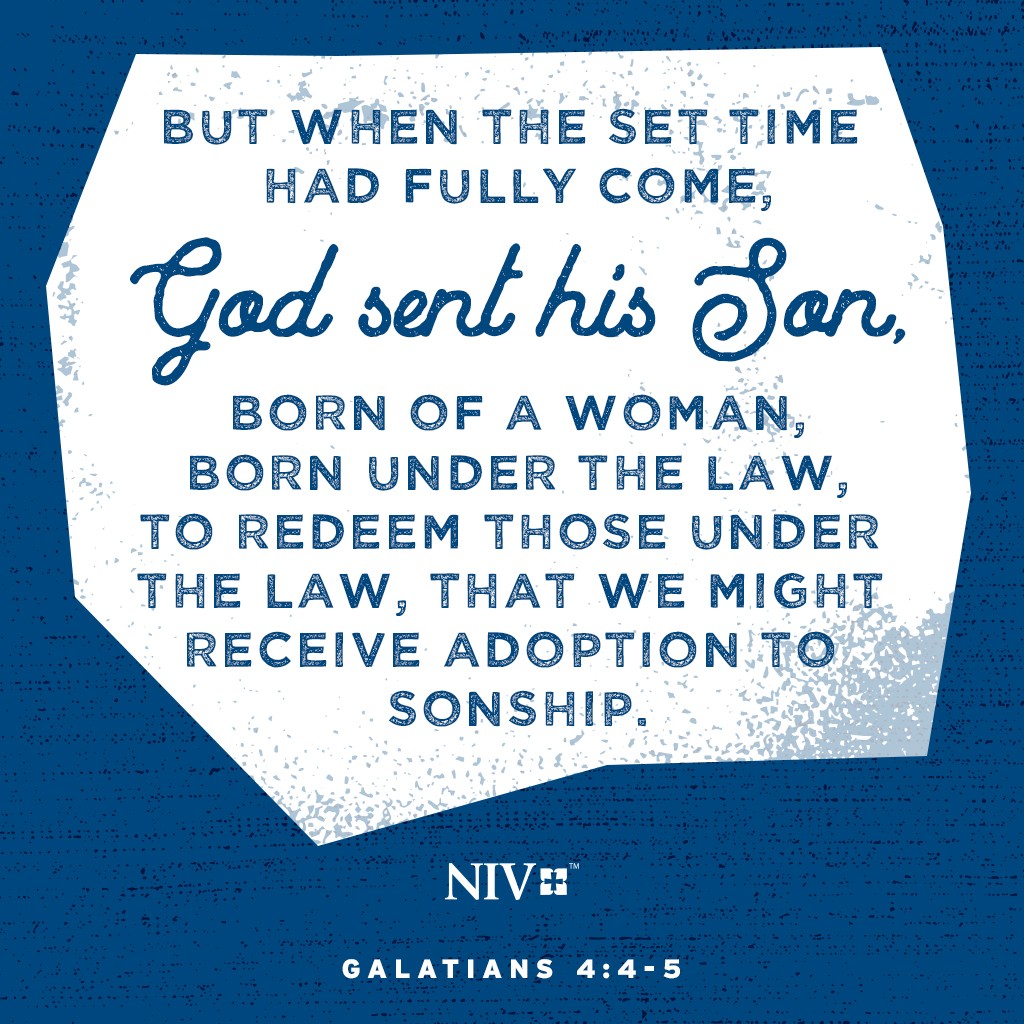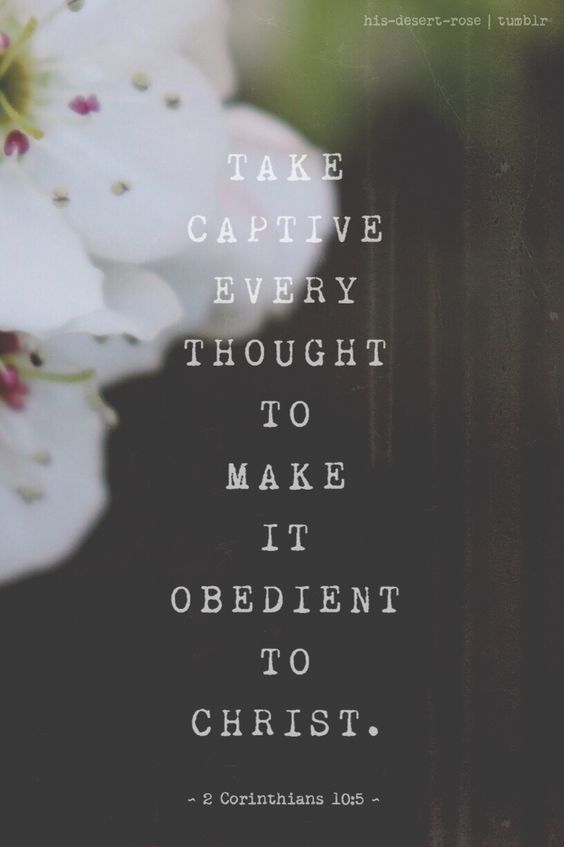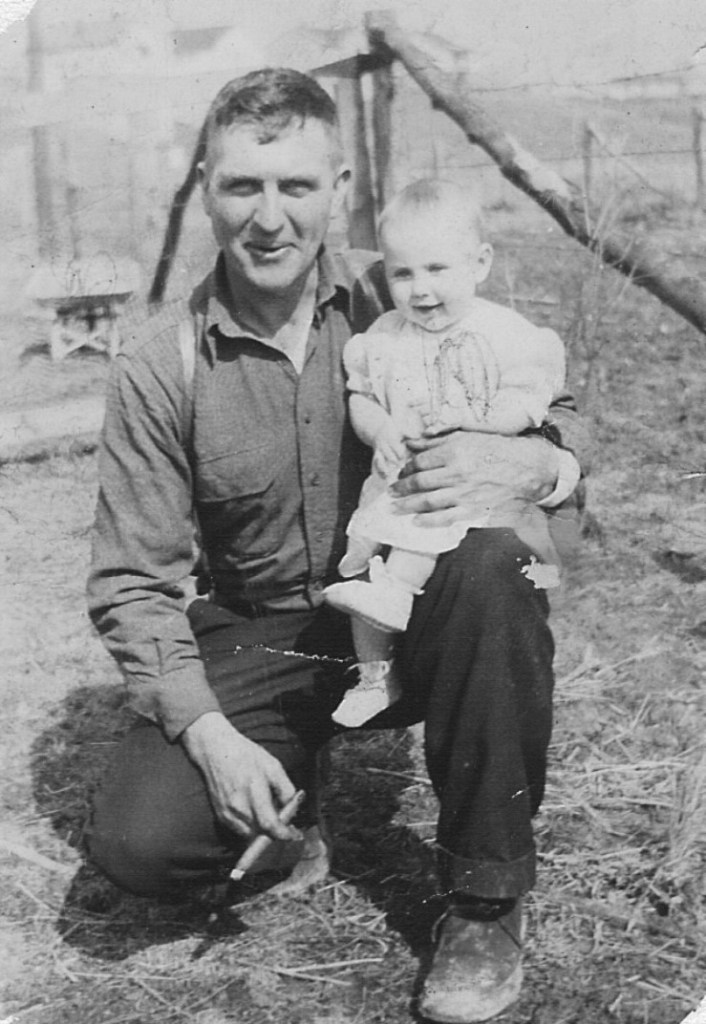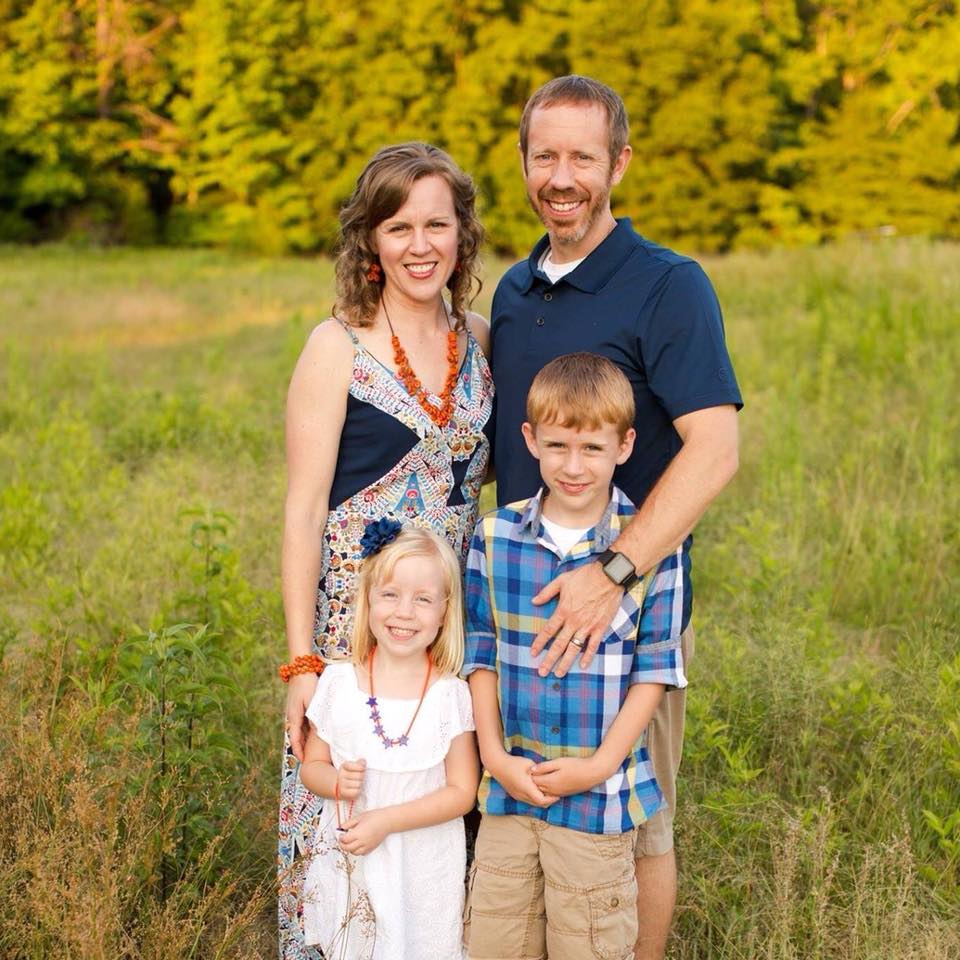This week’s post is the conclusion of Carol’s story in the Portrait of a Servant Girl series.
“As I was reeling from the separation and divorce from my husband, I was also caring for my father who was suffering from dementia,” Carol said, continuing with her story. I sat in the upstairs office at her home along with her and my sister Tiffany who has been friends with Carol for 18 years.
The harsh irony of this part of Carol’s story was palpable. I certainly didn’t expect her to tell me that she’d cared for the man who was controlling and abusive to her, her mother, and her siblings.
I must have looked surprised because she went on. “Yes, after my mother died, I inherited my father. He couldn’t live alone, so I brought him home with me. Within a couple of months, his dementia became so bad that we had to put him in a memory care center.”
Carol talked about visiting him daily, early in the morning, when he was at his best. “He had ‘Sundowners Syndrome,’”she explained, “so he was more lucid and pleasant earlier in the day and confused and agitated in the evenings.“
This was yet another painful experience that involved her father. But, as she talked about those months, she actually smiled. “At the time, taking care of my father was very painful, but now those memories bring laughter. Daddy was always trying to get to the coal mine,” she said. “Most days I found him sitting by the door waiting for his ride to work. I would try to redirect his thoughts and tell him it was his day off.”
She stopped and smiled to herself, and I realized she called him ‘daddy’. Throughout the interview, she referred to him as ‘father’ but, in reliving the memories of caring for him during his illness, and recalling the humorous times, she called him ‘daddy’.
“He was always looking for his keys,” she continued, shaking her head but smiling a little. “And one morning we worked and worked for a long time trying to jump-start his wheelchair!”
She paused. Her eyes were far away, but she wore a pleasant expression, one of nostalgia and happiness.
“That day was the best!” She laughed.
She looked at me, and her thoughts came back to the room. To the present day and our interview.
“I had the opportunity to read the Bible to him,” she said, satisfaction in her voice. “We talked about his relationship with Jesus.”
Carol shared that the week before he died, he saw angels.
“I had to write his eulogy,” she told me. “The morning after he died, I got up, and the words just flowed from my pen. I wrote about how he had to raise himself, never had a father, lived in a boarding house, and went to work in the coal mine when he was 13.” Her voice was clear and strong as she described this. Her face was calm and resolute. “When I was writing the eulogy, God showed me that my father had learned to survive by controlling at a very young age. I realized that he did the best he could with what he had.”
Carol’s voice was calm and peaceful. I was amazed to see her reliving all those painful memories – abuse from her father, cancer, divorce, caring for her father in his old age and sickness – with… was it joy? Joy because of how those trials deepened and strengthened her relationship with God? Joy because of the redemption she experienced both for herself and for other broken relationships in her life?
“I thank God for the time I had with my father before he died,” she said after she had been quiet for a while. “ I thank Him for revealing all this to me and for helping me to love and to forgive my father. I have peace about that now.”
What a beautiful story of love, mercy, and grace! And isn’t this what God has done for us? We neglect Him. We abuse Him. We want Him to do things our way. Yet He patiently waits. He cares for us when we need Him. He redeems us when we come to our senses and allow Him to take His rightful place in our hearts. And, most amazing of all, He loves us the whole time.
Carol’s marriage ended in July 2001, and her father died in September 2001. For the next few years, she rarely went anywhere other than to church.
“Finally, my sister and my daughter told me I needed to get a life. They asked, ‘what do you want to do?’ Well, I always wanted to take Shag dance lessons,” she shrugged, “so I decided to do that.”
Carol signed up for lessons and showed up for class on the first day. She didn’t know one other soul in the room. However, a sweet lady saw her come in by herself and asked Carol to sit at her table.
“We talked a little while, and then she said, ‘I have a friend you just have to meet!’”
The lady told Carol about a man named Ed Jones, a widower who lost his wife to ALS.
“She talked about him for a while, and I said I would be willing to speak with him on the phone,” Carol explained. “He called me, and we spoke for a while, and I invited him to a party I was having at my house the next month, December 2003. He came to the party, and we had a nice time talking. He even stayed to help me clean up. Several busy months passed, and we connected again in February 2004 and were married that May.”

Carol and Ed Jones
When Carol married Ed, she inherited a wonderful family: his children and grandchildren including his youngest granddaughter who was a toddler at the time. Carol was thrilled to have a grandchild who lived close.
“I got to see her every week,” Carol beamed.
We spoke a little about Ed’s family, and then, as if on cue, we heard a deeper voice from downstairs say, “Do I need to pull out the guest bed up there?”
Tiffany laughed, “That is Mr. Ed’s way of saying it’s time to go!”
I looked at my phone. It was after 10 PM. We had been talking for over two hours!
We spoke for another minute or two about some of Carol’s work in the church: she’s been on a mission trip to Guyana to help build a youth center. She’s planned church fundraisers and other ministry events. She serves in the kitchen in the summer youth camp. She’s been a delegate for her church at the annual conference. She volunteers in the church office.
“I’ve also been on an outstanding trip to the Holy Land and participated in the Methodist Church’s Emmaus walk. I experienced an enormous spiritual growth on Emmaus,” she explained.
I knew it was very late and that Tiffany and I need to go, but I wanted to wrap up with one final question.
“What would you like people to know about Jesus?” I asked her.
She listed many important things about Him that she’s learned in her life.
“He will never leave you or forsake you,” she began. “You can always trust Him. He will give you peace, and joy, and be the best friend you could ever want. You have to pray and study the Bible to grow this relationship though. It doesn’t happen on its own.”
As we were standing to leave, she said, “I’m not saying there won’t be any more valleys in my life, but I have the assurance that God will go through them with me.”
I know that she recently experienced another valley this past spring when she had hip replacement surgery.
“I also know that the Bible tells us that when we are weakest, He is strongest. I have certainly found that His strength is enough for me.“


























